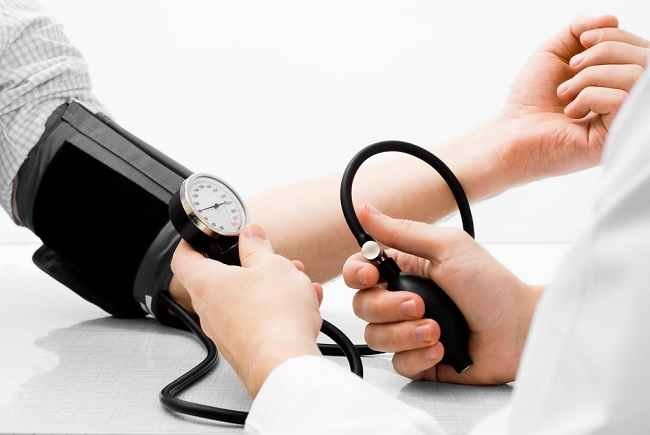Pediatric cardiologist is a pediatrician who has special expertise in conducting examinations and treatment of heart disorders in children.
To become a pediatric cardiologist, a general practitioner must continue his education in the field of pediatrics in order to obtain the title of pediatrician (Sp.A). After that, he continued his education in the cardiology subspecialty field to earn his Sp.A(K) degree.

Diseases Treated by Pediatric Cardiologists
In general, pediatric cardiologists play a role in diagnosing and treating various heart health problems in infants, children, and adolescents, ranging from congenital heart disease, heart rhythm disorders (arrhythmias), to heart function disorders.
The following are some conditions of heart problems in children that can be treated by a cardiologist pediatrician:
Congenital heart disease
Health problems related to congenital heart disease include:
- Atrial septal defect
- Coarctation of the aorta
- Mitral valve abnormalities
- Patent ductus arteriosus
- Tetralogy of Fallot
- Transposition of the great arteries
- Ventricular septal defect
Heart rhythm disturbances (arrhythmias)
Health problems related to heart rhythm disorders include:
- Atrial fibrillation
- Atrial flutter
- Long QT syndrome
- Wolff-Parkinson-White syndrome
Impaired heart function
Health problems associated with impaired heart function include:
- Dilated cardiomyopathy
- Hypertrophic cardiomyopathy
- Myocarditis
In addition to the various diseases above, pediatric cardiologists also treat heart disorders associated with other diseases, such as rheumatic heart disease, and heart disease that occurs with Down syndrome, Marfan syndrome, Eisenmenger syndrome, or Kawasaki disease.
Actions Performed by Pediatric Cardiologists
The following are some of the actions performed by pediatric cardiologists:
- Performing a physical examination and tracing medical history related to heart problems
- Perform supporting examinations, such as cardiac ultrasound, MRI, CT scan, or EKG
- Perform cardiac catheterization procedures, such as angioplasty and valvuplasty
- Planning surgery related to heart problems in children
- Provide special therapy, especially in children with cardiomyopathy, heart failure, and heart transplants
- Provide information related to the prevention of heart disease in children
When to See a Cardiologist Pediatrician?
It is recommended that you take your child to a pediatric cardiologist if he experiences:
- Difficulty eating which is characterized by a failure to thrive
- Difficulty breathing and chest pain
- Abnormal heart sounds
- Fast heartbeat (tachycardia)
- Slow heart rate (bradycardia)
- Frequent dizziness and fainting, especially during activities
- Frequent infections, such as coughs and colds, at the age of less than 2 years
- Swelling in the leg area
As a parent, there are several things you need to prepare before bringing your child to a pediatric cardiologist, including:
- Complaints and symptoms experienced by children
- Past history of childhood illness
- History of disease in the family
- Medical history during pregnancy and child birth history
- Child immunization history
- List of drugs or supplements that the child is taking
- Records of changes in the child's height and weight
Heart problems in children are serious conditions and require medical attention. Therefore, if your child has various complaints related to heart problems, immediately visit a pediatric cardiologist to get the right treatment.









